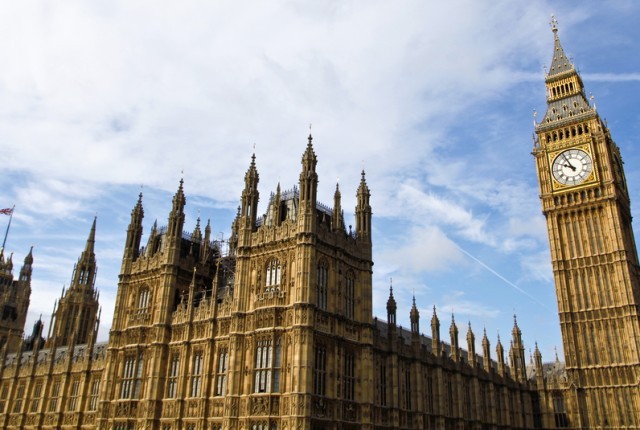

Budget 2023: The key points you need to know…
PUBLISHED ON: 15/03/2023
Key highlights from the UK Spring Budget 2023:
Taxation and wages
- Abolishment of the cap on the amount workers can accumulate in pension savings over their lifetime before having to pay extra tax (currently £1.07m).
- Tax-free yearly allowance for pension pot to rise from £40,000 to £60,000 – having been frozen for nine years.
- Fuel duty frozen – the 5p cut to fuel duty on petrol and diesel, due to end in April, kept for another year.
- From August, alcohol taxes in pubs to be 11p in the pound lower than the rate in supermarkets.
Economy and public finances
- Office for Budget Responsibility predicts the UK will avoid recession in 2023, but the economy will shrink by 0.2%
- Growth of 1.8% predicted for next year, with 2.5% in 2025 and 2.1% in 2026.
- UK’s inflation rate predicted to fall to 2.9% by the end of this year, down from 10.7% in the last three months of 2022.
- Underlying debt forecast to be 92.4% of GDP this year, rising to 93.7% in 2024.
Energy
- Government subsidies limiting typical household energy bills to £2,500 a year extended for three months, until the end of June.
- £200m to bring energy charges for prepayment meters into line with prices for customers paying by direct debit – affects 4m households.
- Commitment to invest £20bn over next two decades on low-carbon energy projects, with a focus on carbon capture and storage.
- Nuclear energy to be classed as environmentally sustainable for investment purposes, with promise of more public funding.
- £63m to help leisure centres with rising swimming pool heating costs, and invest to become more energy efficient.
Jobs and work
- Expansion of 30 hours of free childcare for working parents in England to cover one and two-year-olds, in a bid to help them work more.
- Families on universal credit to receive childcare support up front instead of in arrears, with the £646-a-month per child cap raised to £951.
- £600 “incentive payments” for those becoming childminders, and relaxed rules in England to let childminders look after more children
- Funding for up to 50,000 places on new voluntary employment scheme for disabled people, called Universal Support.
- Tougher requirements to look for work and increased job support for lead child carers on universal credit.
- More places on “skills boot camps” to encourage over-50s who have left their jobs to return to the workplace.
Business and trade
- Main rate of corporation tax, paid by businesses on taxable profits over £250,000, confirmed to increase from 19% to 25%.
- Companies with profits between £50,000 and £250,000 to pay between 19% and 25%.
- Companies are able to deduct investment in new machinery and technology to lower their taxable profits.
- Tax breaks and other benefits for 12 new Investment Zones across the UK, funded by £80m each over the next five years.
- Reduced paperwork for international traders, who will also be given longer to submit customs forms under streamlined rules.
If you need any more information, email [email protected], call 0115 958 6872 or fill in an enquiry form below.
Have Any Questions?
Qualified Team Available
Related Articles

18/12/2025 Read More
The Bank of England has announced that base rates have been cut to 3.75%.

26/11/2025 Read More
The Autumn Budget 2025 has been announced. Here are the key points.

20/10/2025 Read More
MAF Finance Group has been awarded Asset Finance Broker of the Year in the Leasing Foundation's Going Further Awards 2025.
